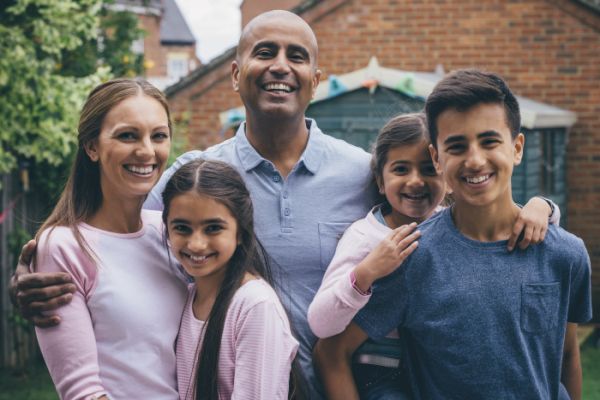Before the end of the summer term, preparations start for the new school year; looking at session vacancies due to year six children leaving, and crucially setting dates to meet with family support workers and learning mentors before I see any children. This allows catch up time for any issues and changes which have occurred over the summer and taking new referrals.
This year, having COVID-19 for the two weeks prior to my last week of term led to a huge effort to provide meaningful ending sessions and getting through admin in the final week! Switch off swiftly commenced (after a sweltering drive to Heathrow on that day of 40-degree heat), the first holiday for three years which was not cancelled.
It’s good news that people are still talking about school counselling during the summer holidays and sharing the benefits of it. A Commission on Young Lives report published on 30 July 2022 mentioned the importance of counselling in schools. Download the Commission on Young Lives report.
The report notes that research shows one in six, six to 16-year-olds had a probable mental health problem in July 2021; this has been reflected in my increasing case load over the last year. The report makes sober reading. However, it also highlights the importance of early-intervention counselling, which, in my primary schools, is seen as part of the school day by the children, and essential by the staff.
Investment in school counselling services should be a priority for the Government and, we often hear the earlier the intervention the better the outcome for children and young people. I’m fortunate that both of my main primary schools see therapy as essential, one school uses grant funding to pay for my services. Sadly, this isn’t possible for all schools in England. Some schools simply don’t have the funds to buy in vital counselling provision. Further investment in additional mental health support is much needed for primary and secondary schools.
BACP research published in July highlighted parents and carers perspectives on school counselling. This is an interesting perspective. Working in primary schools, I require parental consent prior to seeing the children, and part of my contract (which the parent signs), include a commitment to them keeping in touch with me. We work in partnership, and share concerns and gains without breaching confidentiality.
Self-care involves a summer switch off for weeks from the world of therapy, increasing open water swimming and working casually occasionally to aid finances; however, it’s a different field with a larger team, so still a good break from my usual counselling life.
Early in September, school and counselling slowly start to take form in my mind. The first week of a school year I do no counselling sessions, instead children get the space and time to adjust to the new school year, and often change of class teacher. In this week in addition to the school catch ups, planning phone calls to existing parents and emails start to pick up, and I can review any outstanding CPD. Ample paint, clay and sand stocks need to be bought before the first working week and taken to the schools.
A room change in one school will entail some negotiating around storage possibilities. As it’s a shared space, after 10 years working with them mutual trust and understanding are embedded. Getting excited now, thinking about the new academic year!
Read more...

Children, young people and families
Promoting the importance of early intervention and access to timely psychological therapies for children, young people and families is a priority for BACP.

BACP Children, Young People and Families division
BACP CYPF is for practitioners and other professionals interested in counselling and psychotherapy for children and young people.

Blogs and vlogs 2022
News and views from members, staff and clients
